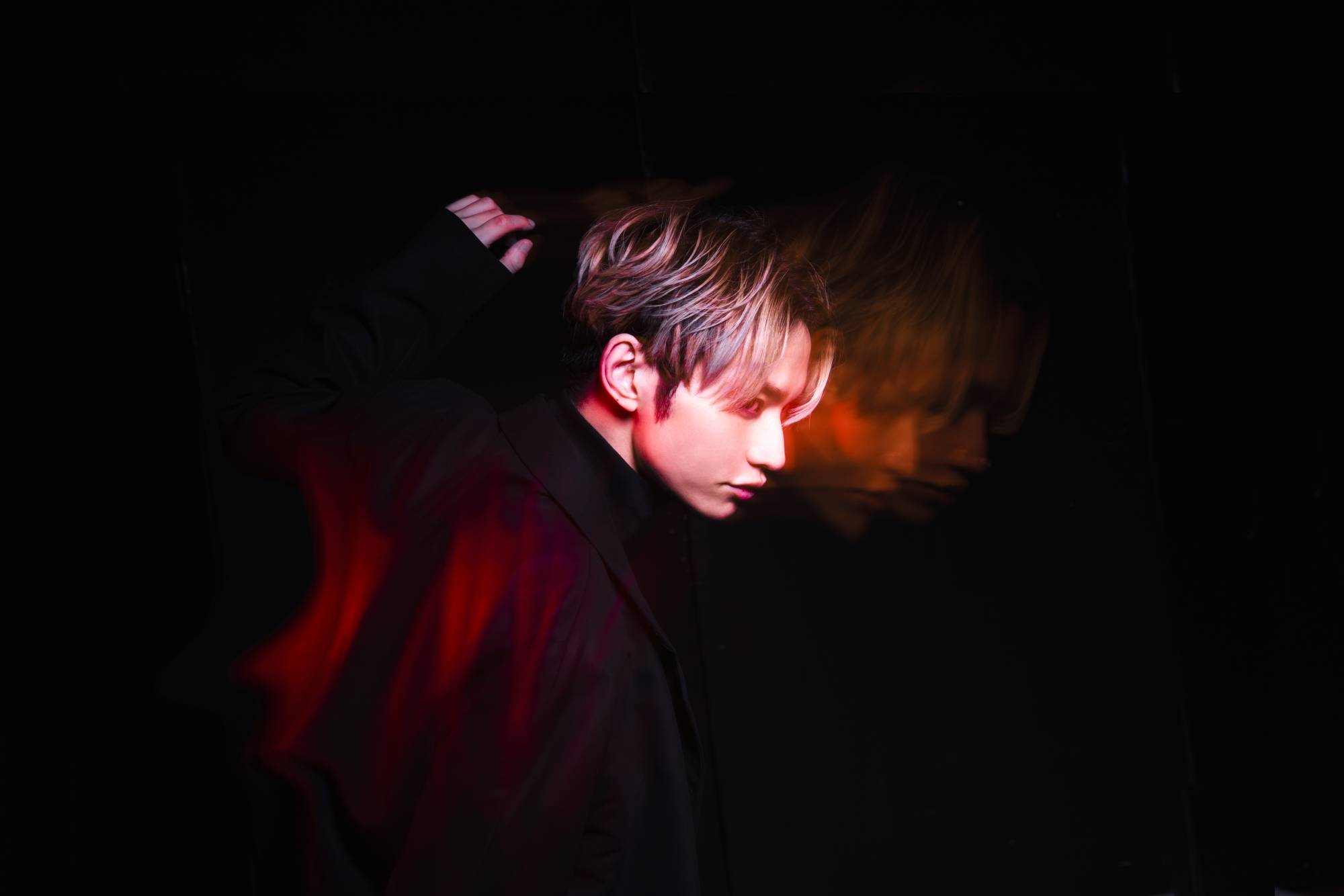Mitsuhiro Hidaka never wanted to be a pop music revolutionary. He simply wanted to help a younger generation find their way into Japan's entertainment industry without being forced to compromise their talents.
“I talked to a young dancer, someone who had a good look and was really good at dancing. I heard him singing karaoke, and he even sounded great singing, too,” Hidaka, better known by his artist name Sky-Hi, tells The Japan Times. “I said to him, ‘Someone like you who can sing and dance, which could fulfill a weakness of Japanese entertainment, should become an artist.’ Then he told me that he needed to change himself to suit the style of the management agency if he wanted to be successful.”
The young talent's frustration seemed to strike a chord with Hidaka.


















With your current subscription plan you can comment on stories. However, before writing your first comment, please create a display name in the Profile section of your subscriber account page.